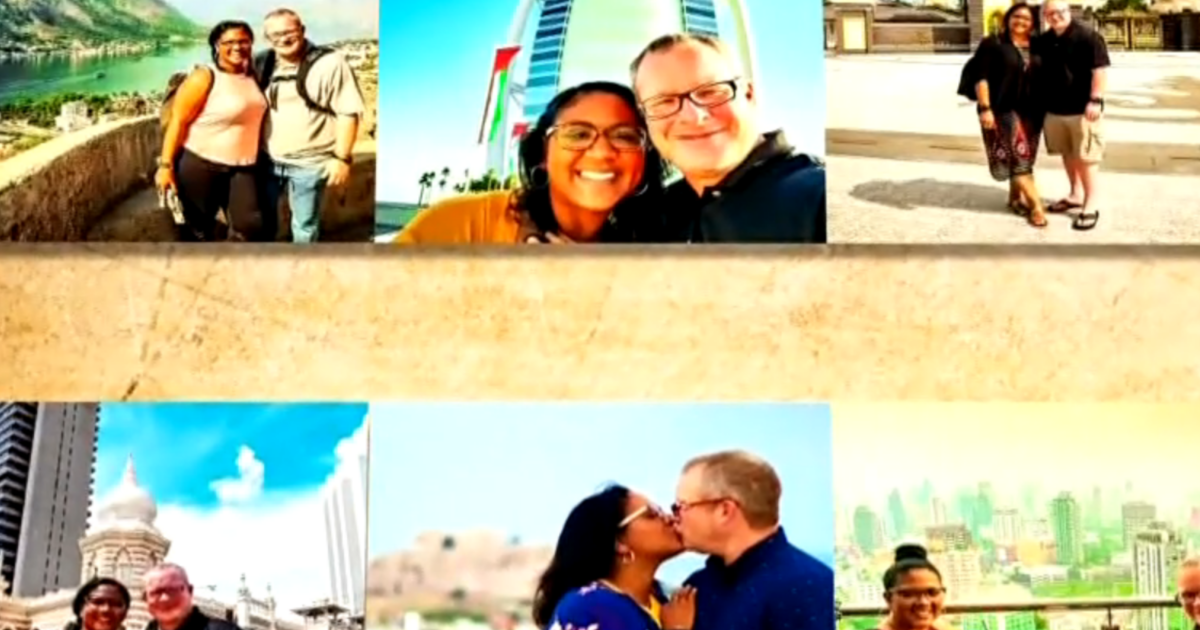Introduction
Ensuring mental health support is available for individuals of all sexual orientations and gender identities is crucial. However, LGBTQIA+ individuals residing in rural or conservative areas often face difficulties in accessing appropriate mental health services. In this article, Dr. Chandni Tugnait, M.D., shares strategies to overcome these barriers and provide better mental health care for the LGBTQIA+ community.
Tips for Mental Health Support
1. Breaking the silence
LGBTQIA+ individuals in rural or conservative areas often feel isolated and have difficulty openly expressing their identities and seeking help. To address this, inclusive spaces should be created where individuals can feel safe and supported.
2. The healthcare gap
Rural and conservative areas typically have a lack of mental health resources, making it challenging for LGBTQIA+ individuals to access the care they need. Efforts should be made to expand mental health infrastructure, provide training for healthcare providers, and establish LGBTQIA+ affirmative care networks.
3. Tele-health
Technology can play a significant role in bridging the geographical divide and increasing access to mental health care. Telehealth services allow individuals to connect with mental health professionals remotely, eliminating geographical constraints and offering a lifeline to those who lack support systems in their immediate surroundings.
4. Community support
Building strong community support networks is crucial for extending mental health care to LGBTQIA+ individuals. Peer-led support groups, local LGBTQIA+ organizations, and online communities provide platforms for individuals to share their experiences, seek guidance, and find solace in a supportive environment.
5. Advocacy and policy change
Efforts to improve mental health care access for LGBTQIA+ individuals in rural or conservative areas should include advocacy for policy change. Activism aimed at eradicating discrimination, promoting LGBTQIA+ rights, and increasing funding for mental health programs can help break down systemic barriers and create a more inclusive society.
Conclusion
Providing mental health support to LGBTQIA+ individuals in rural or conservative areas comes with unique challenges. However, by fostering dialogue, investing in infrastructure, training healthcare providers, leveraging technology, and advocating for policy changes, we can work towards dismantling barriers and ensuring that everyone has access to mental health care, regardless of their sexual orientation or gender identity.









